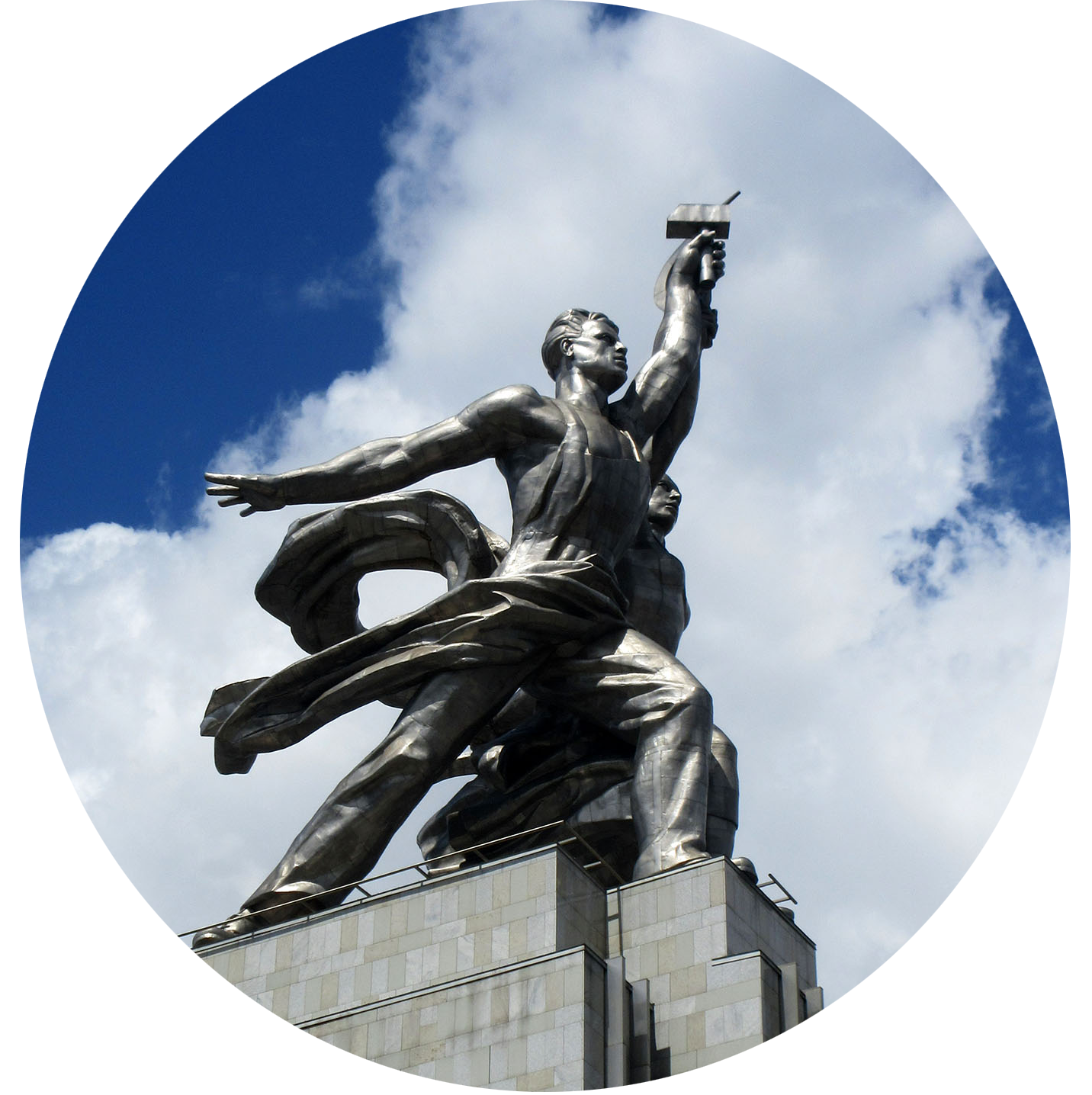Mandelshtam: Insomnia. Homer.
Inside the Hermitage in St. Petersburg.
Note: this is a rhyming translation which preserves the meter of the original; therefore, it deviates slightly, in places, from the precise meaning of the original. Note the remarkable use of the instrumental case in the poem’s all-embracing epiphany: “всё движется любовью.” We could read it as a simple passive construction: “all is moved by love,” but it could also be an instrumental of path (“all moves through love” — just as the ships sail across the sea), or a poetic metaphor (“everything moves like love or in the form of love”); finally, it could suggest a kind of spontaneous, vital force: “everything moves with love”). This is a wonderful example of the dilemmas faced by translators of poetry, and a reminder of what a privilege it is to read poems like this in the original.
Insomnia. Homer.
Insomnia. And Homer. Shining sails drawn tight.
I’ve read the register of ships through to its middle:
This endless flock of cranes, this caravan ethereal,
Which once upon a time, in skies Hellenic, did take flight.
How like a wedge of cranes which flies for foreign shores, —
Upon the brows of kings a god-like sea-foam fallen, —
But whither do you sail? For what, if not for Helen?
What’s Troy to you alone, O bold Achaean swords?
Both Homer, and the sea — ‘tis love sets all in motion.
To whom should I pay heed? But Homer here demurs:
The water, black as night, grandiloquently churns;
And toward my headboard rolls the rumbling of the ocean.
trans. M. Pettus
***
Бессонница. Гомер. Тугие паруса.
Я список кораблей прочёл до середины:
Сей длинный выводок, сей поезд журавлиный,
Что над Элладою когда-то поднялся.
Как журавлиный клин в чужие рубежи, —
На головах царей божественная пена, —
Куда плывёте вы? Когда бы не Елена,
Что Троя вам одна, ахейские мужи?
И море, и Гомер — всё движется любовью.
Кого же слушать мне? И вот Гомер молчит,
И море чёрное, витийствуя, шумит,
И с тяжким грохотом подходит к изголовью.
1915
Vocab notes
бессонница: insomnia • тугой: taut • парус, pl. паруса: sail • список: list (the list of ships in the Iliad) • корабль, я: ship • прочёл = прочитал • серединa: the middle • сей = этот • выводок: a brood, covey (group of birds) • поезд: here, the long procession of birds in flight • журавлиный: from журавль: crane (the bird) • Эллада: Hellas, Greece • подниматься АЙ / подняться НИМ: to rise, ascend • клин: a wedge (that is, a pointed shape) • чужой: foreign • рубеж: border, frontier • божественный: divine, god-like • пена: foam, froth • когда бы не: “if not for…”, “if it weren’t for…” • Елена: Helen, from the Illiad, renowned for her beauty; the Greeks (Achaeans) are setting out to bring her home from Troy • Троя одна: Troy alone • ахейский: Achaean, a Greek tribe whose name is also used by Homer to refer to the Greeks in general (allied against the Trojans) • муж: here: man двигаться A: to move, to be moved, to be in motion • любовь, и: love молчать ЖА: to be silent • витийствуя, declaiming, rhapsodizing, speaking in a lofty manner • шуметь Е: to make noise • тяжкий: heavy, ponderous • грохот: a rumbling sound • изголовьe: the headboard (of a bed)

